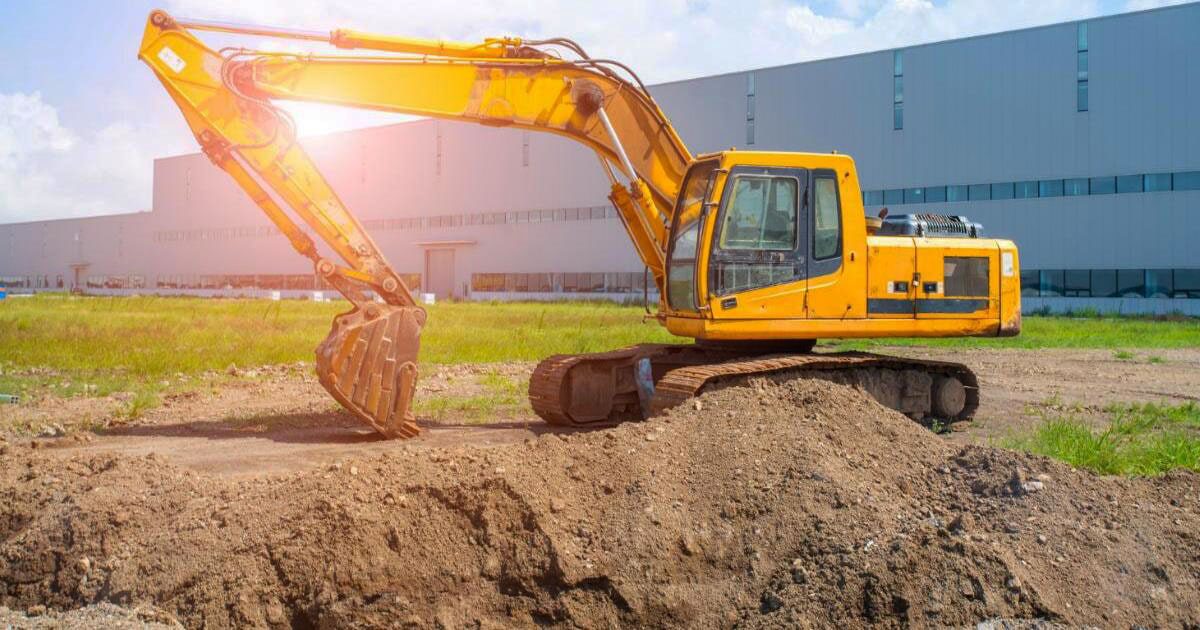How to Start a Land Clearing Business [Step-by-Step Guide]
Do you want to start a land clearing business and don’t know where to start? So, read along with some important strategies and business tactics for a successful business. Land clearing is the process of removing trees, brush, and other vegetation from a piece of land for various purposes, such as development, agriculture, or land management. This can be a complex and challenging task that requires specialized equipment, knowledge, and experience. Land clearing businesses are responsible for providing these services to clients and are often in high demand as land development and agriculture continue to grow.

These companies typically offer various services, including site preparation, tree removal, brush removal, and land grading. They work with multiple clients, including homeowners, developers, farmers, and government agencies. A land-clearing business can be a profitable and rewarding endeavor with the right equipment, expertise, and a commitment to customer satisfaction.
Complete Land Clearing Business Plan [Step by Step]
Starting a land-clearing business can be rewarding for those interested in the construction and development industry. Land clearing involves removing trees, brush, and other vegetation from a piece of land to prepare it for development or other purposes. If you are thinking about starting a land clearing business, here are the steps you should follow:
Research the Industry and Local Regulations:
Before you start your business, it is important to understand the land clearing industry, specific regulations, and requirements in your area. This may include researching industry trends, best practices, and local permits and licenses.
Develop a Land Clearing Business Plan:
A solid business plan will help you map your goals, target market, and financial projections. It will also be necessary to secure financing for your business. Your business plan should include the following:
- An executive summary.
- A description of your business and services.
- A market analysis.
- A description of your target market.
- A marketing plan.
- A financial plan.
Purchase or Rent the Necessary Equipment:
Land clearing requires specialized equipment, such as bulldozers, excavators, and chippers. You will need to consider the costs of acquiring and maintaining this equipment as you develop your business plan. You may also need to purchase or rent other equipment, such as trucks, trailers, and safety gear.
Obtain the Necessary Licenses and Permits:
Once you have a business plan and have acquired the necessary equipment, you will need to obtain the required licenses and permits to operate your business. This will likely include a business license and any necessary permits to perform land clearing work.
Network and Market Your Business:
Developing relationships with potential clients and advertising your services are key to the success of any business. Be sure to market your business through social media, online directories, and word of mouth. Consider attending local events and networking with other businesses and professionals in your industry.
Ensure that You Are Adequately Insured:
Land clearing can be risky, so it is important to ensure you are properly insured to protect yourself and your business. This may include liability insurance, workers’ compensation insurance, and insurance for your equipment.
By following these steps and staying organized and focused, you can set yourself up for success in the land clearing industry.
Catchy Land Clearing Business Names:
Here are some catchy and professional land clearing business name ideas.
- ClearView Landscaping
- TerraClear Solutions
- The Brush Busters
- GreenSpace Land Clearing
- The Tree Tamers
- Wildland Warriors
- TerraFirma Land Services
- The Land Clearers
- EcoClear Land Management
- The Brush Beaters
Is Land Clearing Business Profitable?
The profitability of a land clearing business can vary depending on several factors, such as the location of the business, the demand for land clearing services, the cost of equipment and labor, and the level of competition in the market. Land clearing can be profitable if well-managed and operated in an area with a strong demand for these services.

It is important to manage costs carefully and set competitive prices for your services to maximize profitability. This may include carefully operating expenses such as equipment costs and labor and negotiating favorable rates for materials and supplies. It is also important to continuously seek new clients and projects to keep your business busy.
In addition, it can be helpful to diversify your services to increase your revenue streams. For example, consider offering additional services such as tree removal, site preparation, demolition, and land clearing. Overall, a land clearing business’s profitability will depend on various factors and will require careful planning and management to succeed.
Conclusion:
In conclusion, starting a land clearing business can be a rewarding and lucrative venture for those interested in the construction and development industry. To start a land clearing business, it is vital to research the industry and local regulations, develop a solid business plan, purchase or rent the necessary equipment, obtain the required licenses and permits, network and market your business, and ensure that you are adequately insured. By following these steps and staying organized and focused, you can build a successful land clearing business.


